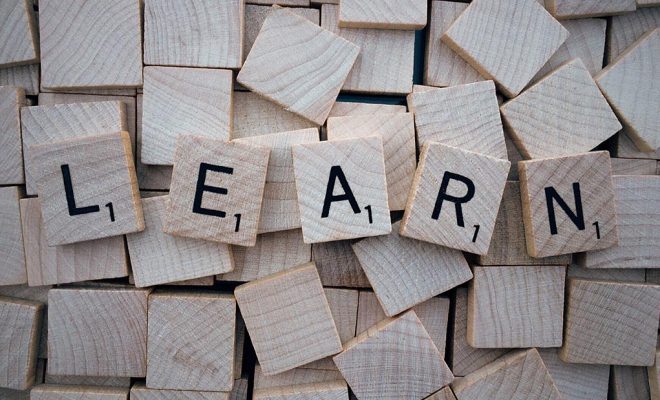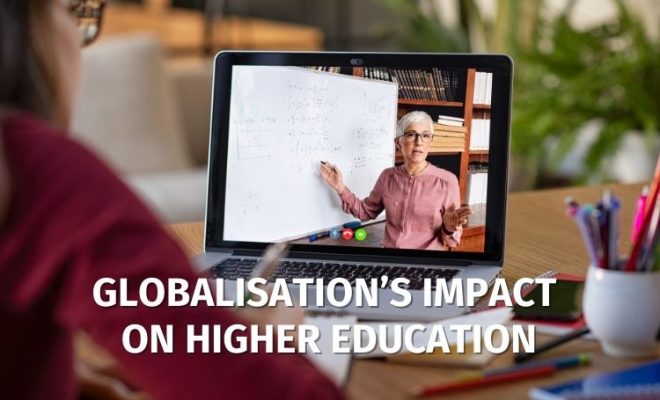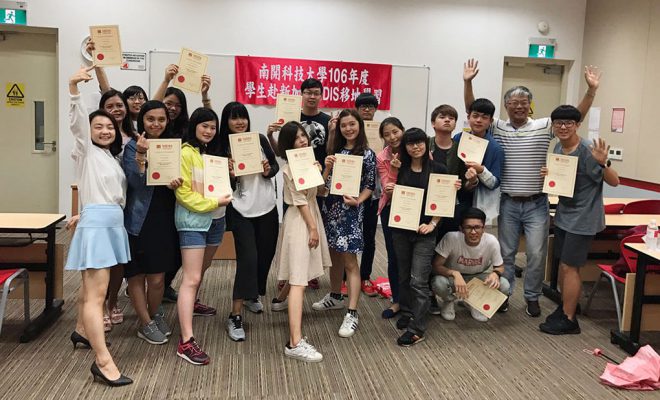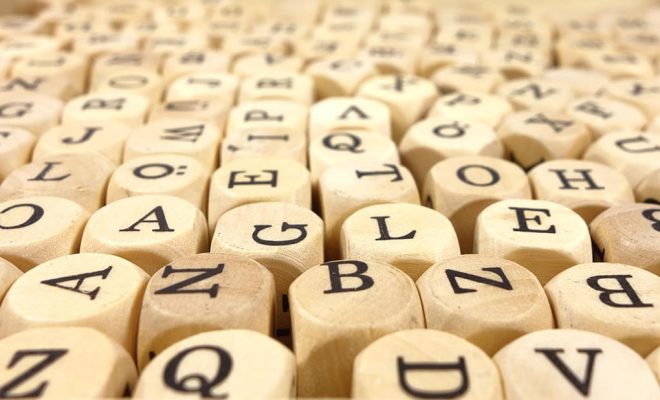Learning in the 21st Century

Gone are the days of chalk and talk, or when the teacher was a sage on the stage. Welcome to the 21st century, where knowledge is power and where students are not just passive recipients of knowledge, but collaborators in knowledge building.
Which brings us to the question, ‘What exactly are the skills needed for successful language learning in the modern day classroom?’ To identify these skills, it is important that we first understand the four aspects that underpin the classroom of today; communication, critical thinking, creativity and collaboration. In this entry, we will deal with the first two aspects of learning in the 21st century; communication and critical thinking.
Communication
Students these days communicate through different means. While face to face communication is still the primary mode of instruction, learning to effectively communicate in today’s fast paced world also sees the need for individuals to tap on different mediums of communication to enhance their learning experience. As such, in today’s language classroom, teachers need to familiarise and expose their students to both synchronous and asynchronous communication channels. This simple step forward will go a long way in promoting interaction and communication not just within the classroom, but also beyond the four walls of the physical classroom. Remember, the classroom is only what you define it to be.
Critical thinking
Information flow is borderless and limitless in today’s society. Therefore, it is essential that learners are able to not only compare and evaluate facts and opinions, but also make decisions based on the information that they receive. Critical thinking requires individuals to go beyond just knowing, but also understanding and applying information to solve problems and create solutions.
The concept of developing student’s thinking skills is not something new, but the ways in which we do so needs to change. We need to teach learners to not just think and internalise knowledge, but also contextualise it. Lessons therefore need to become catalyst to further thinking and evaluation of received information.










